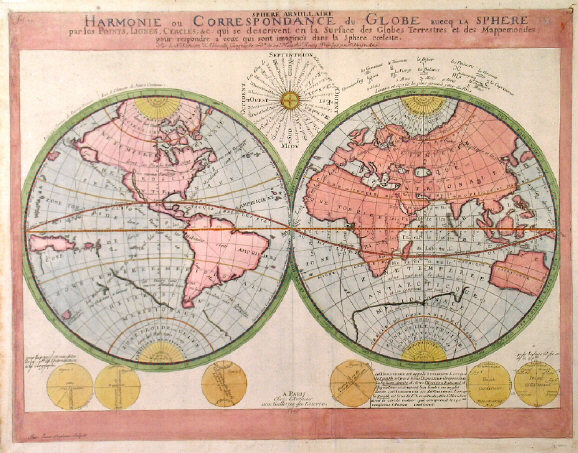« Redux: Andy Grove on U.S. jobs: "Rebuild our industrial commons". | Main | Rhinebeck: No one throws a party like Wild Bill. »
August 01, 2010
If your U.S. client trades abroad, the UCC won't always give you the answer.
If you buy and sell in the global markets, make the UN Convention on Contracts for the International Sale of Goods (CISG) your friend.

If your day job is like ours, it's not off-the-wall for a longstanding client to call on a Friday afternoon with a question about a clause in a 10-year old contract under which the client, a U.S. widget manufacturer, is selling widgets to a Norwegian distributor. "No problem," you think. And you tell her: "Let me look at the Uniform Commercial Code, preliminarily. We'll start there, of course. I will call you back."
Be careful there, fancy lawyer. Commercially, we live in a world that never sleeps. Every minute during these last 40 or so nervous months, deals are still struck and goods still change hands.
In cases of international sales of goods, the Uniform Commercial Code--or UCC, adopted by 49 states to create a standardized law for commercial transactions in the U.S.--is often preempted by the federally-adopted United Nations Convention on Contracts for the International Sale of Goods (1980) (often the "CISG").
A multinational treaty that provides a uniform law for international sales of goods, the CISG was signed in 1980--and has been ratified by over 70 countries. While the CISG is similar to the UCC, there are differences, and some are major. For example, unlike the UCC, the CISG generally does not require any contract for the sale of goods to be in writing. More importantly, unless the terms of a sales contract between parties from participating countries expressly exclude the CISG, the CISG is deemed to govern the contract.
By the way, don't guess on Contracting States, or signers, either. The U.S. adopted the CISG in 1988. Australia, most of Europe and parts of Asia, Africa and South America have also adopted the CISG.
One notable holdout: the United Kingdom.
Note: Courtesy of Pace Law School, in White Plains, New York: for U.S. citation purposes, the United Nations-certified English text is published in 52 Fed. Reg. 6262, 6264-6280 (March 2, 1987); United States Code Annotated, Title 15, Appendix (Supp. 1987).
Posted by JD Hull at August 1, 2010 11:59 PM
Comments
Post a comment
Thanks for signing in, . Now you can comment. (sign out)
(If you haven't left a comment here before, you may need to be approved by the site owner before your comment will appear. Until then, it won't appear on the entry. Thanks for waiting.)